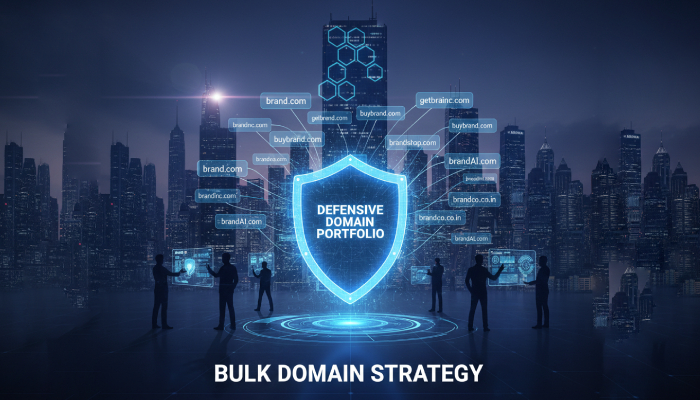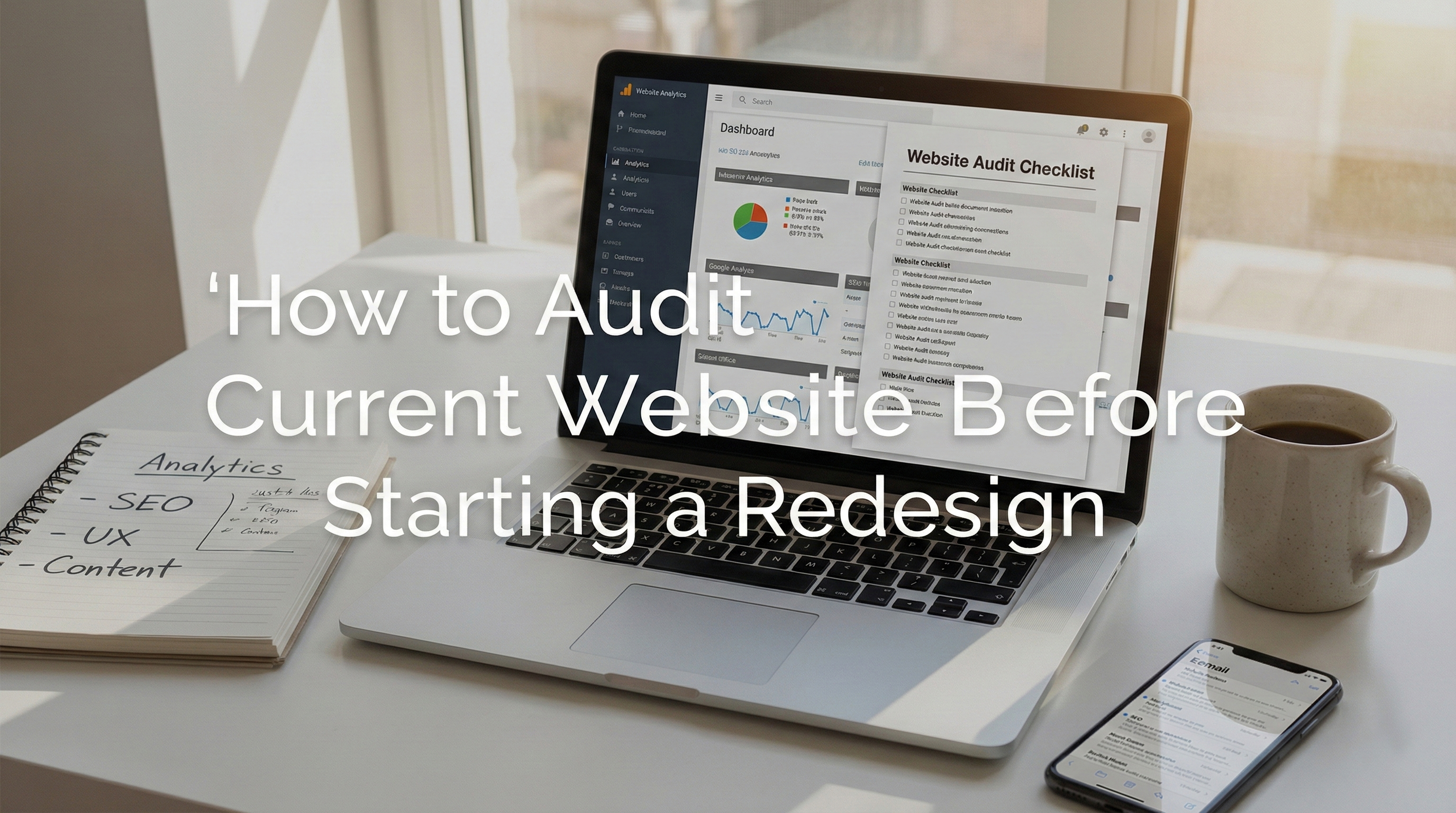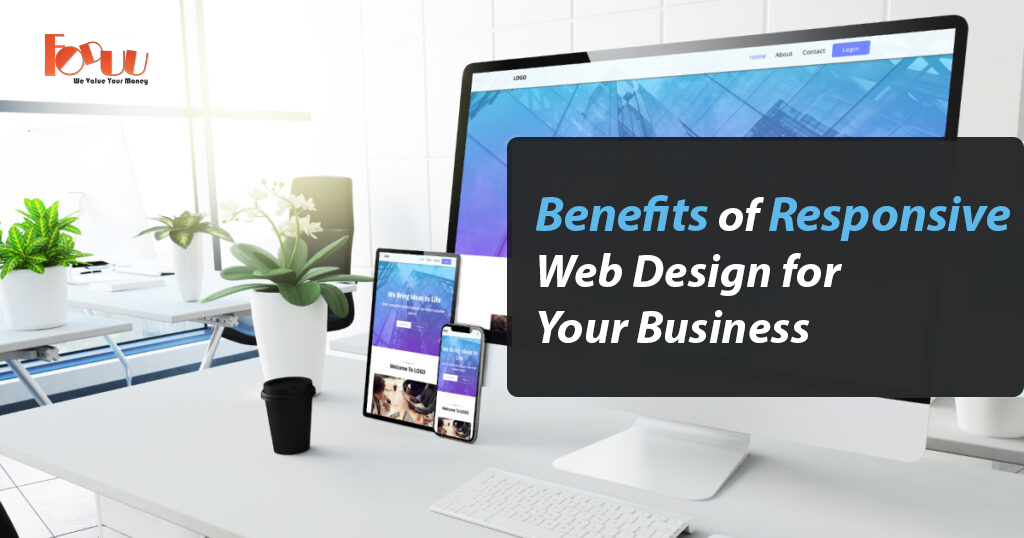Artificial Intelligence (AI) is no longer science fiction jargon—today, it's a transformative force reshaping the destiny of companies across the globe. From automating silly things to providing game-changing intelligence on the basis of big data, AI-based solutions can bring humongous competitive strength to companies.
However, designing AI-based products or solutions is not all about some equations juggled around—a pinch of talent, capability, and acumen goes into it. Approach an AI development company.
But there are only so many players out there; how do you choose the best one?
This is a step-by-step guide by the AI Development Company in India that will take you through choosing steps that share your vision, goals, and values.
1. Find Out About Your AI Needs
Prior to looking at potential partners, determine the purpose of why you even need AI in the first place.
-
Are you trying to automate customer service using chatbots?
-
Do you need to build an engine of recommendation?
-
Are you attempting to surface deeper insights by using predictive analytics?
-
Are you attempting to integrate AI into existing enterprise software?
-
Understanding what you need allows you to define your project and whether an organization is right in undertaking a task.
Tip: Split your needs into business objectives and technicalities. This makes it easier to talk more and well.
2. Need Domain Expertise
AI is plug-and-play, one-size-fits-all. A great health AI solution is not necessarily going to be a great fit for a shipping company. You require domain expertise in:
-
Locating industry hot spots
-
Furnishing up-to-date sets of data relevant to the business
-
Furnishing compliance-concerned solutions
-
Tuning results on KPIs peculiar to the business
For example, if your business is e-commerce, then you would love to have mastery over recommendation systems, customer profiling, and price dynamism.
3. Review Technical Capabilities
A better AI firm will need to be able to show technical competence in the following areas:
-
Machine Learning (ML): Supervised, unsupervised, reinforcement learning
-
Deep Learning (DL): CNNs, RNNs, Transformers
-
Natural Language Processing (NLP): Text classification, entity recognition, sentiment analysis
-
Computer Vision: Object detection, image classification, facial recognition
-
Data Engineering: Data preprocessing, cleaning, and pipeline development
-
Cloud Platforms: AWS, Azure, Google Cloud, etc.
Ask for case studies, portfolios, or samples of proof-of-concept. Good firms will be happy to share their work with you.
Related Post: Business Benefits of Artificial Intelligence (AI)
4. Find Out How They Handle Data
Data is the input to AI algorithms. A great AI development company ought to possess the following experience in:
-
Acquisition and sourcing of data
-
Cleaning data and pre-processing data
-
Feature engineering
-
Model training and testing
-
Handling compliance and data privacy issues (GDPR, HIPAA, etc.)
Use voice judgment while working with missing, unstructured, or biased data. Would say a lot about being or not being professional.
5. Get a Sneak Peek into Their People
AI is an interdisciplinary science. Your best team would consist of:
-
Data Scientists
-
AI/ML Engineers
-
Software Developers
-
Data Engineers
-
Project Managers
-
Domain Experts
Choose a team with credentials and experience behind them. Bonus points if their engineers have published papers or have made their AI code open-source.
6. See how they develop
AI projects are typically completed in several iterations and with ongoing training. The ideal firm should possess a formal yet adaptive development process that includes:
-
Discovery and consultation
-
Proof of concept (PoC) or MVP
-
Agile development sprints.
-
Infinite feedback loops and checkpoints
-
Testing and validation
-
Deployment and surveillance
Transparency and communication at these phases are very crucial. Ensure their process aligns with your expectations and timeline.
7. Read Client Reviews and Case Studies
One of the best indicators of a company's ability is to see if they succeeded in their previous projects.
Ask for high-level case studies relevant to your sector. Indicators of demand:
-
Were they reducing costs?
-
Streamlining processes?
-
Greater accuracy?
-
Third-party views on review platforms like Clutch, GoodFirms, or Trustpilot.
Red flag: If an agency does not wish to reveal previous work or has unclear success on previous work, that's not good.
8. Negotiate Intellectual Property (IP) and Confidentiality
AI products are usually comprised of proprietary algorithms and data. Before entering into any partnership, clarify:
-
Who owns the resulting model and codebase?
-
How do they treat your confidential business information?
-
Do they execute NDAs or present documentation of IP transfer agreements?
Your partner must preserve your secrecy and facilitate complete IP transfer on project completion.
9. Negotiate scalability and maintenance
A good AI answer will not only accomplish the task today but also grow with your business needs.
Ask the company:
-
How does the model evolve when it's exposed to new data?
-
Is it scalable to support more users or uses?
-
Do they provide post-launch support and maintenance?
-
Can you retrain models or fine-tune them based on how your needs evolve?
Scalability adds long-term value to your investment.
10. Alignment with Price and Budget
AI projects range from a few thousand to a few hundred thousand, sometimes even millions, based on size and complexity. Keep in mind their pricing model
-
Fixed price vs time and materials
-
Licensing fees (if third-party APIs or tools are utilized)
-
Update, retraining, or maintenance cost
Make sure the price is proportional to the estimated ROI. The low-cost service company can cut corners on quality, and the high-cost service company cannot offer value equality.
11. Find Innovation and R&D
A good AI company invests in innovation and in learning. They're leading the pack in the newest innovation trends in:
-
Generative AI
-
Explainable AI (XAI)
-
Federated learning
-
Edge AI
-
Autonomous systems
-
Its zeal to learn new tech will keep you informed.
Tip: Ask them whether they attend hackathons or conferences or publish research papers. That's usually a good indicator.
12. Test Their Communication Skills
AI is hard to build, and if your company can't define their process, that's something to worry about.
First discussion, remember:
-
Do they describe technical jargon in simple language?
-
Are they nice and kind?
-
Do they respond to your questions, and how do they lay it out?
Good communication leads to less buggy project work and less fighting.
13. Cultural Cooperation and Compatibility
You will be collaborating with the development team of the AI for weeks, even months. There must be cultural compatibility to allow for cooperation.
Ask yourself the following questions:
-
Are they close-minded or open-minded?
-
Do they share information?
-
Are they reactive or proactive?
Sometimes an otherwise less technical but more agile team will triumph over an ultra-technical but inflexible team.
14. Start with a Pilot Project
Rather than plunging headlong into a vast, complicated project, start by wading in with your toes into an infinitesimal pilot. An MVP or a PoC will enable you to:
Make sure that the company can aid your ability Ensure they can learn their workflow Check if they are within budget and on track If successful, you can subsequently scale up the collaboration confidently.
Conclusion
Selecting a suitable partner in propelling AI innovation is a strategic choice with prospects to propel your business's digital transformation. It's not a matter of purchasing technical ability, but it's purchasing a person who understands your vision, your culture, and understands you that counts.
By taking a close look at their domain experience, technical ability, communication, scalability, and project history, you will be well placed to choose a firm that will be able to turn your AI aspirations into real success. Remember: Your ideal AI partner might not be the cheapest or the most affordable—it's the company that understands your business and is truly committed to your success.
At FODUU, we are a leading AI and machine learning company in India, specializing in cutting-edge solutions that Leverage the power of Artificial Intelligence (AI) and Machine Learning (ML) to drive innovation and business growth.










